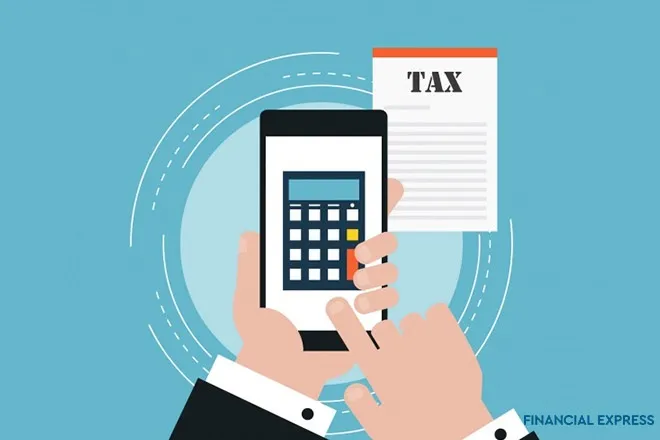Your investment must help you achieve your financial goals on time. For this, your investment needs to be tax-efficient, especially if you’re investing for the long term. A tax-inefficient investment provides low post-tax returns, which leads to lower return on investment, thus slowing down your wealth creation and even eroding your wealth during periods of high inflation.
For example, you invest in a fixed deposit which advertises an interest rate of 6.5% per annum. If you fall in the 30% tax bracket, your post-tax returns from this FD will be just 4.55%. And if the inflation rate for the year is 5%, you’ve actually lost value to the tune of 0.45% by keeping your money in this FD.
In the Budget 2020, the government has proposed a new, simplified tax regime under which taxpayers can benefit from lower slab rates and reduce their tax liability by forgoing most tax deduction benefits. That means that, for example, you claim deductions of Rs 1.5 lakh under Section 80C but move to the new regime in 2020-21, you won’t be able to claim deductions. However, the new tax regime will allow you to invest freely according to your financial goals, liquidity requirements and risk tolerance without bothering about tax-saving goals.
As such, if you’re planning to move to the new tax regime to cut down your tax burden and are looking for alternative investment tools to tax-savers, you might find these undermentioned products attractive and helpful in meeting your money goals. Returns from these investments may be taxed at a rate lower than your slab rate. Read on for a few critical pointers.
1. Invest In Equity Products
You can invest in equity products like shares or equity mutual fund schemes for the long term, i.e., for more than one year. Equity has the potential to provide you high, inflation-beating returns. However, there are major market risks involved. That said, your long-term capital gains (LTCG) from equity investments up to Rs 1 lakh are tax-free every year, and your LTCG above this limit is taxed at a rate of 10%. So, if you want to invest in achieving your long-term goals, equity investments could prove to be highly tax-efficient.
Risk appetite also plays an important role when selecting an investment product. Some investors, like those nearing retirement age, have a low risk appetite. So, they may want to avoid equity investment due to its various risks. For most investors though, long-term investment in equity mutual funds through a Systematic Investment Mode helps reduce short-term risks and improve the possibility of high returns.
2. Invest In Real Estate For Capital Gains & Rental Income
The new tax regime doesn’t allow tax deductions against a home loan for self-occupied properties. But for loans on rented out properties, you can still claim a deduction under Section 24b of the Income Tax Act for the loan interest paid. So, as an investor, you can still lower your tax liability by investing in a property, earning rental income, and also availing tax deductions for the loan. Also, the LTCG from the property is taxed at 20% with indexation benefit which makes it highly tax-efficient for long-term purposes in comparison to most other investment products.
3. Invest in Sovereign Gold Bonds
Investing in SGBs allow you interest income as well as capital gains benefit. The LTCG on SGBs is taxed at a 20% rate with indexation benefit whereas the interest rate would be taxed as per your applicable slab rate. If you stay invested in SGBs till redemption, the entire capital gain would be tax-exempted in the new regime as well.
4. Government-Backed Investment Schemes
Several government-backed investment schemes are completely tax-free, which makes them highly tax-efficient. The 15-year Public Provident Fund, the five-year Senior Citizens Savings Scheme, and the 21-year long Sukanya Samriddhi Yojana are triple-exempt investment schemes, which means the schemes are free of charges and taxation of any kind on the returns. These investments are ideal for risk-averse investors looking for assured returns along with capital safety. Even if you’re considering moving to the new regime, these investment options can help you earn handsome returns, though the trade-off would be the lack of liquidity due to lock-ins.
The new tax system allows you the freedom to select your own investment tools as per your financial goals. You don’t need to confuse tax-saving goals and investment goals. Selecting a tax-efficient investment in the new regime can help you comfortably grow your wealth in the long term. If you are an investor with a low risk appetite, you may explore investments in debt funds for the long term to earn attractive returns while keeping tax obligations low.
(The author is CEO, BankBazaar.com)

